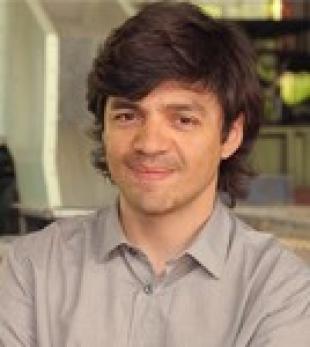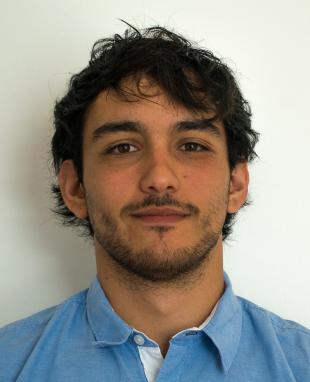Location:
Alrick Building, Classroom 10
Date:
Main Speaker: Dr Cristian Escauriaza, Associate Professor, Pontificia Universidad Catolica de Chile
Intermittency of Sediment Transport in Conditions near the Threshold of Motion
Abstract
The dynamics of sediment particles in a flat bed channel is mainly controlled by the coherent structures of the turbulent boundary layer, as intense velocity fluctuations increase the instantaneous bed shear stress and initiate bedload transport. At low shear stresses, near the threshold of motion, the bedload transport flux becomes intermittent due to the complex particle motion in close contact with the bed. To understand the physical mechanisms that produce the intermittency, in this investigation we develop a Lagrangian sediment transport model to simulate bedload transport in a flat bed channel. We couple direct numerical simulations (DNS) and the discrete element method (DEM) to solve the particle dynamics using a two-way coupling approach. Numerical results shed light on the nature of the intermittency in the transport flux. We conclude that near the threshold of motion, the cumulative sediment transport is described by a fractal behavior, whose characteristics change as the relative shear stress increases.
Biography
Cristian Escauriaza is Associate Professor in the Hydraulic and Environmental Engineering Department at the Pontificia Universidad Catolica de Chile. His research interests are related to environmental fluid mechanics and turbulence, transport and mixing in aquatic environments, sediment transport and river morphodynamics. He is currently working on flood dynamics in mountain rivers, and on tidal energy generation, leading one of the research areas of MERIC, the first marine energy center in South America. He is also an Associate Editor of the ASCE Journal of Hydraulic Engineering.
Second Speaker: Daniel Gajardo, Masters Student, Pontificia Universidad Catolica de Chile
Modeling Tidal Turbines with a coupled DES/BEM model
Abstract
We aim it to study the connection between turbulence and coherent structures, with tidal turbine performance and environmental effects. For achieving this we couple a hybrid turbulence model (Detached Eddy Simulation) with a Blade Element Momentum (BEM) turbine model, hoping to understand the underlying dynamics of turbine wake interaction, power generation fluctuation and energy flux. The model will be validated using both experimental and computational data obtained by the University of Manchester and the University of Edinburgh, respectively
Biography
Daniel Gajardo is a Masters in Science Student at Pontificia Universidad Católica de Chile (PUC), working in collaboration with Chile’s Marine Energy Research and Innovation Center (MERIC) and the University of Edinburgh. His research interests are related to the connection between turbulence and tidal turbines, focusing on coherent structures, turbine performance and environmental effects.





